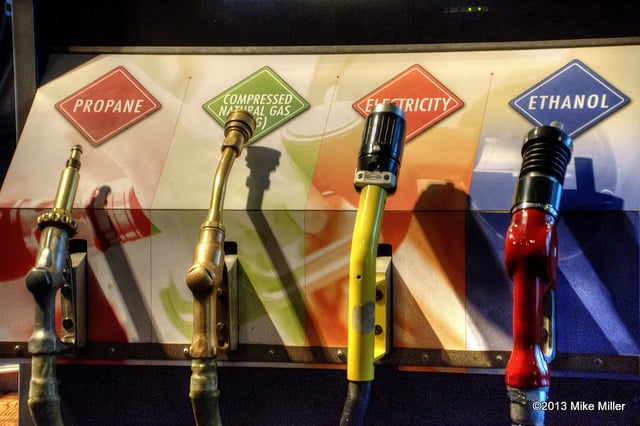This article was first published on The Times of Israel and was re-posted with permission.
Oil prices are low now, but there’s no guarantee they will remain that way. In the long term, developing alternative fuels remains a priority of governments, start-ups — and automobile manufacturers, who sell more vehicles when the fuel that runs them is cheaper.
It’s to that end that the Israel Fuel Choices Initiative (IFCI), a project of the Prime Minister’s Office (PMO), this week signed a non-binding Memorandum of Understanding (MoU) with Fiat Chrysler Automobiles (FCA), Iveco (a Brand of CNH Industrial) and Magneti Marelli (FCA Group) for cooperation in the development of natural-gas based technologies, developing fuels for cars, trucks and buses.
SEE ALSO: Researchers In Israel Announce Revolutionary Alternative To Fuel
Launched in 2011, IFCI seeks to make Israel a leader in alternative energies for transportation — including developing electrical, biofuel, hydrogen, natural gas, and other fuel solutions for vehicles. The group includes representatives of nine government ministries. And Eyal Rosner, chairman and director of IFCI, is a sort of “godfather,” coordinating the activities, the funding, and the development of technologies such as fuel cells, electric vehicles, hybrids, biodiesel-fueled vehicles, ethanol/methanol fuel, and even algae fuel.
SEE ALSO: Meet The Seven Israeli Alternative Energy Companies With Solutions To Fuel The Future
While alternatives exist for electricity production — the government’s plan, which is currently behind schedule, is to have 10-20 percent of the country’s electricity produced from non-fossil fuel sources by 2020 — gasoline refined from oil has a near monopoly as a transportation fuel: 96 percent of the vehicles in the world are powered by gas engines. For many countries, oil for transportation takes a huge chunk of the national GDP (oil accounts for nearly 20 percent of Israel’s total imports), and oil in transportation is estimated to be the source of about 25 percent of greenhouse gases.
So there are good reasons for the world to be interested in alternative fuels — and IFCI seeks to make Israel a center of that effort. According to the group’s strategic plan, “we intend to make use of Israel’s strengths, including its interdisciplinary nature and Israeli entrepreneurs’ operational agility, as well as the research power and the exceptional cooperation between academic research bodies and industry” to turn the country into a world showplace of alternative fuel development and deployment.
To continue reading this article on the TOI site, click here.
Photos: millerm27
Related posts

Resilient And Nutritious New Plant-Based Milk Aims To Make A Splash

Chocolate From Cultivated Cocoa Comes Without Environmental Toll

Plastic Fantastic: Startup Takes PVC Back To Its Crude Oil Roots





Facebook comments